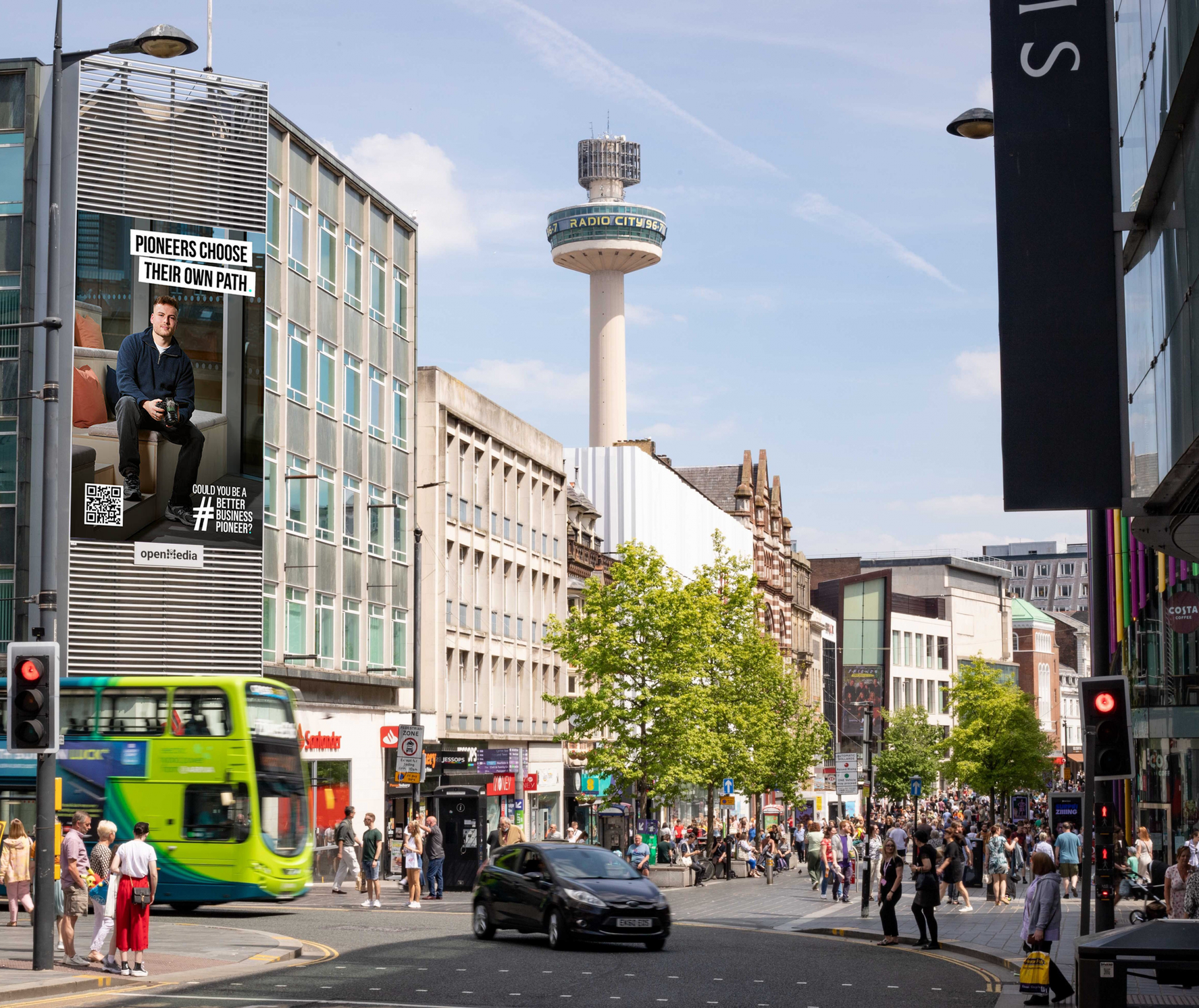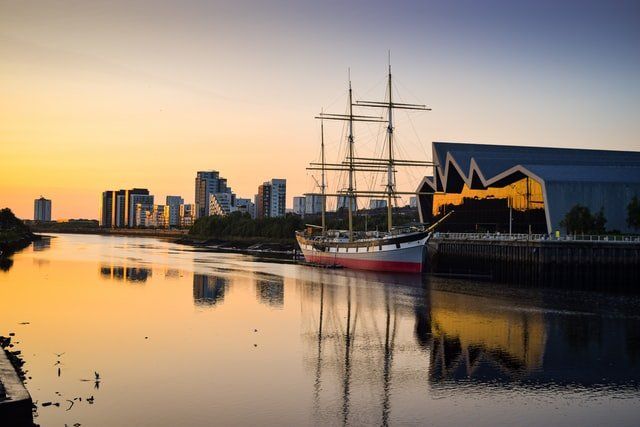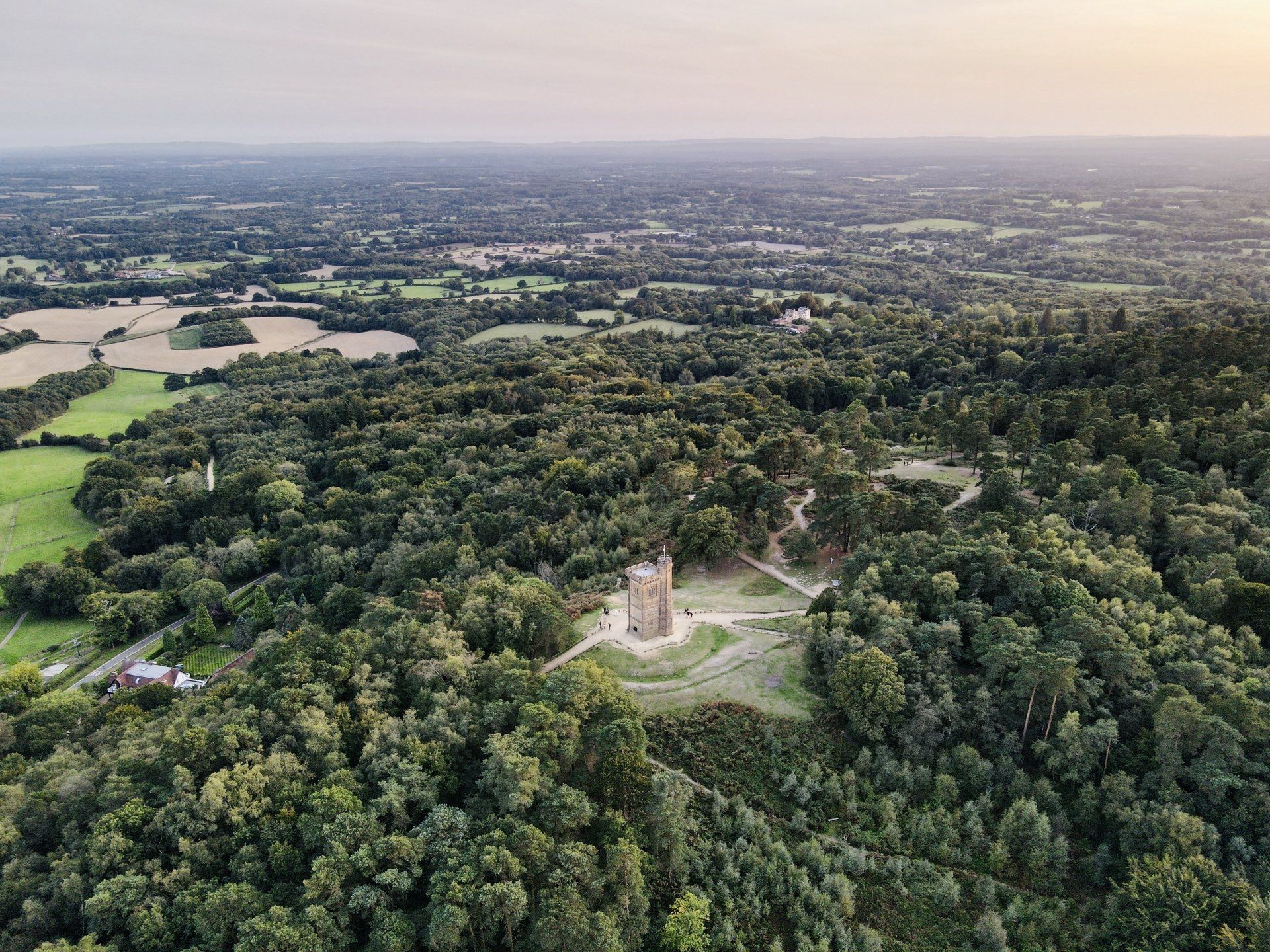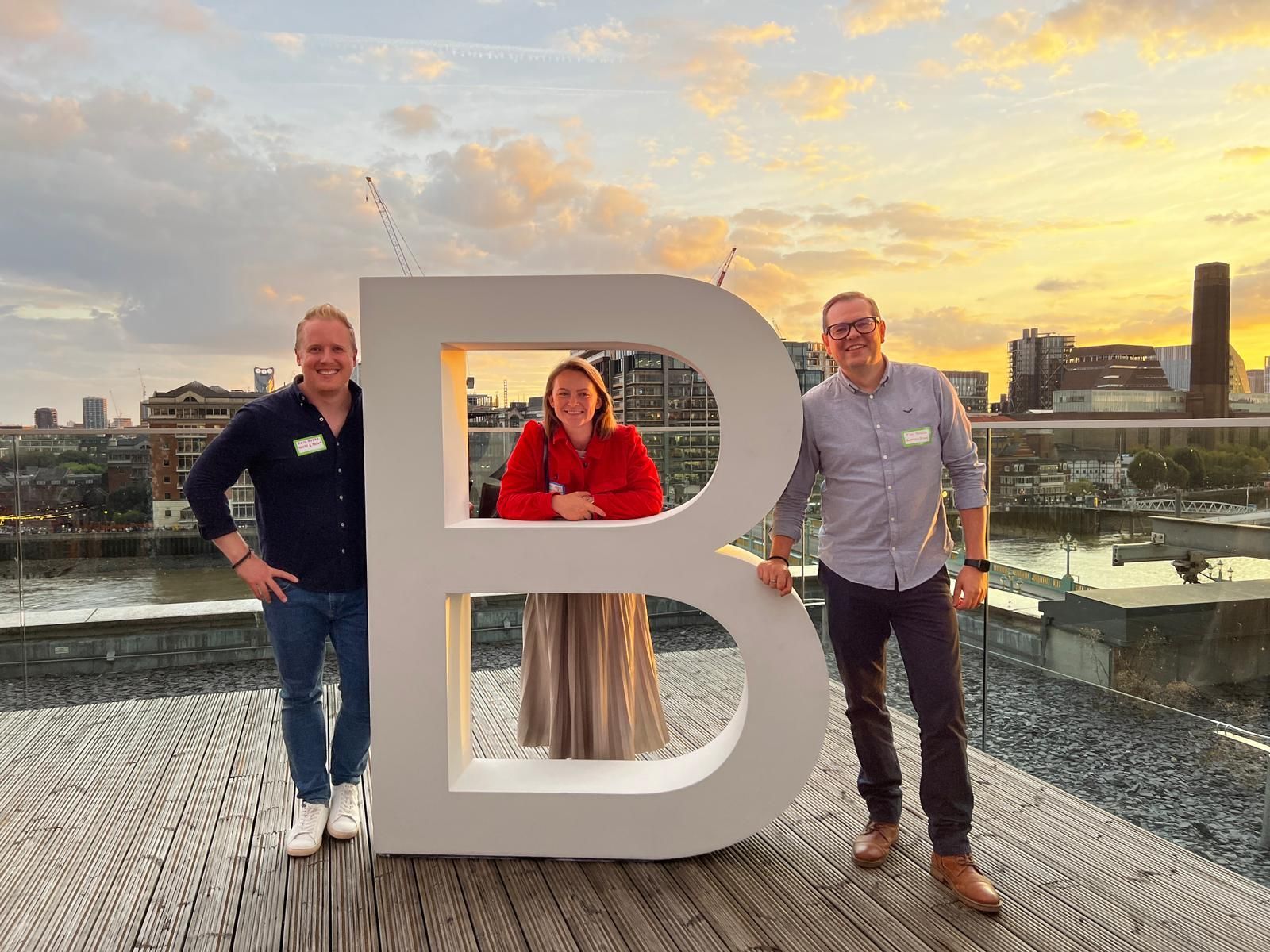Life after COP26 - a new beginning or just a load of hot air?
COP26: what's next after 'the world's most important meeting'?
If you haven’t guessed already from our social coverage, the Avery & Brown team has been heavily invested in COP26.
After a year-long delay due to the pandemic, we’ve had plenty of time to anticipate what world leaders would be speaking about, and more importantly, committing to. Around the world, tens of thousands of news outlets have been covering the thirteen-day conference, which ultimately means we’ve all been overwhelmed by a barrage of content, with key information buried beneath a storm of reactive tweeting, greenwashing, and quick-fire summaries.
So, we decided to take a few days to let it all sink in and die down, and now we’re back with a round-up of what was agreed.
Here’s our breakdown of the key pledges...
1. Deforestation 🌲
In COP26’s first major headline, more than 100 world leaders signed a pledge to end and reverse deforestation by 2030 – including Indonesia and Brazil. On the surface, a stunning victory, with countries opening their wallets to back the deal with GBP £14bn of public and private funds.
Reality check:
The very same day, Indonesia was questioning the terms of the deal: the country’s Deputy Foreign Minister, Mahendra Siregar, criticised UK environment minister, Zac Goldsmith, for describing the deal as a zero-deforestation pledge, saying this characterisation is “erroneous and misleading”. In a bizarre linguistic tangle, Siregar stated that 'to halt' is not the same as 'to end', arguing that the former means forests can still be cleared but they must be compensated for by reforestation.
Eyebrows were raised when Brazil’s President Bolsonaro joined the deal – his presidency has seen deforestation surge, with a 12-year high reported in 2020.
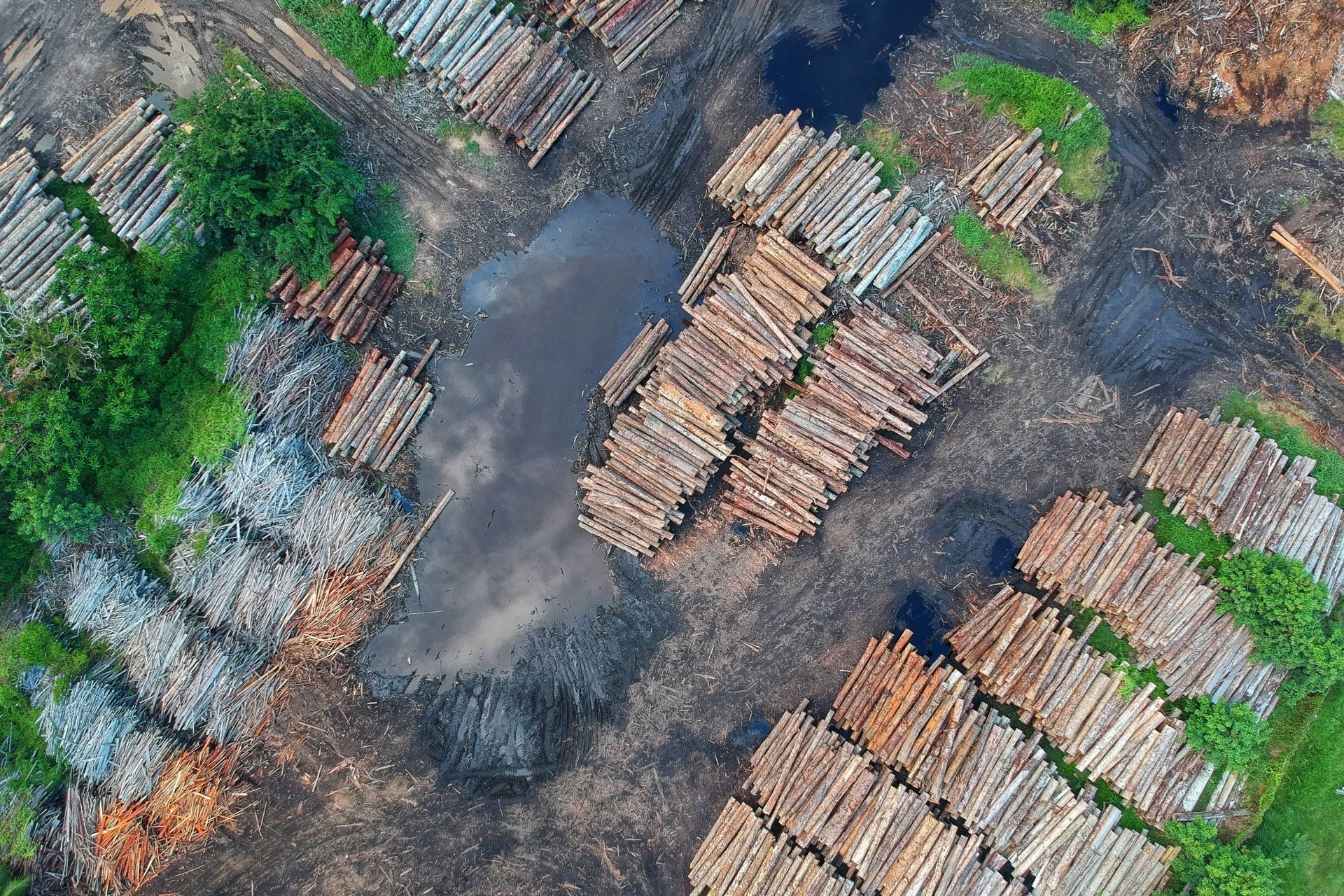
2. Methane 🐄
A global scheme was agreed to cut 30% of methane emissions by 2030, with more than 90 nations (representing two-thirds of the global economy) signing up.
Reality check:
Three of our biggest methane emitters China, India and Russia were conspicuously absent from the pledge.
Claims that the move would cut global temperature increases by at least 0.2°C by 2050 were quickly undercut by experts who argued the reduction would be closer to 0.1°C.
3. Coal 🏭
For the first time at a COP there was an explicit plan to reduce the use of coal which accounts for 40% of annual CO2 emissions. More than 40 countries, including 23 new ones, have pledged to get rid of coal entirely, including key coal burners like Poland, Ukraine, and Vietnam. Developed countries agreed to 2030s deadlines, with poorer countries committing to the 2040s.
Reality check:
Some of these real-world pledges were beyond comical. South Korea was named as a country due to give up coal in the 2030s. But the government in Seoul sheepishly pointed to the small print, which states "2030s or as soon as possible thereafter", which they interpreted as meaning 2050… You can’t make this stuff up.
You may also have heard that it was a semantic wrangle over the difference between ‘out’ and ‘down’ that had negotiators claiming time off in lieu like nobody’s business and Alok Sharma in tears. That’s because India and China staged a last-minute intervention, refusing to sign the COP agreement until the coal phrasing was watered down. And, yes; they got it their way.
China, in fact, have been celebrating a notable milestone; last Wednesday, the Xinhua news agency trumpeted the fact that the country produced more coal than ever before on a single day - another 12 million tonnes which, when consumed for energy, is roughly equivalent to Ireland’s entire output in one year. Yep, you read that correctly.
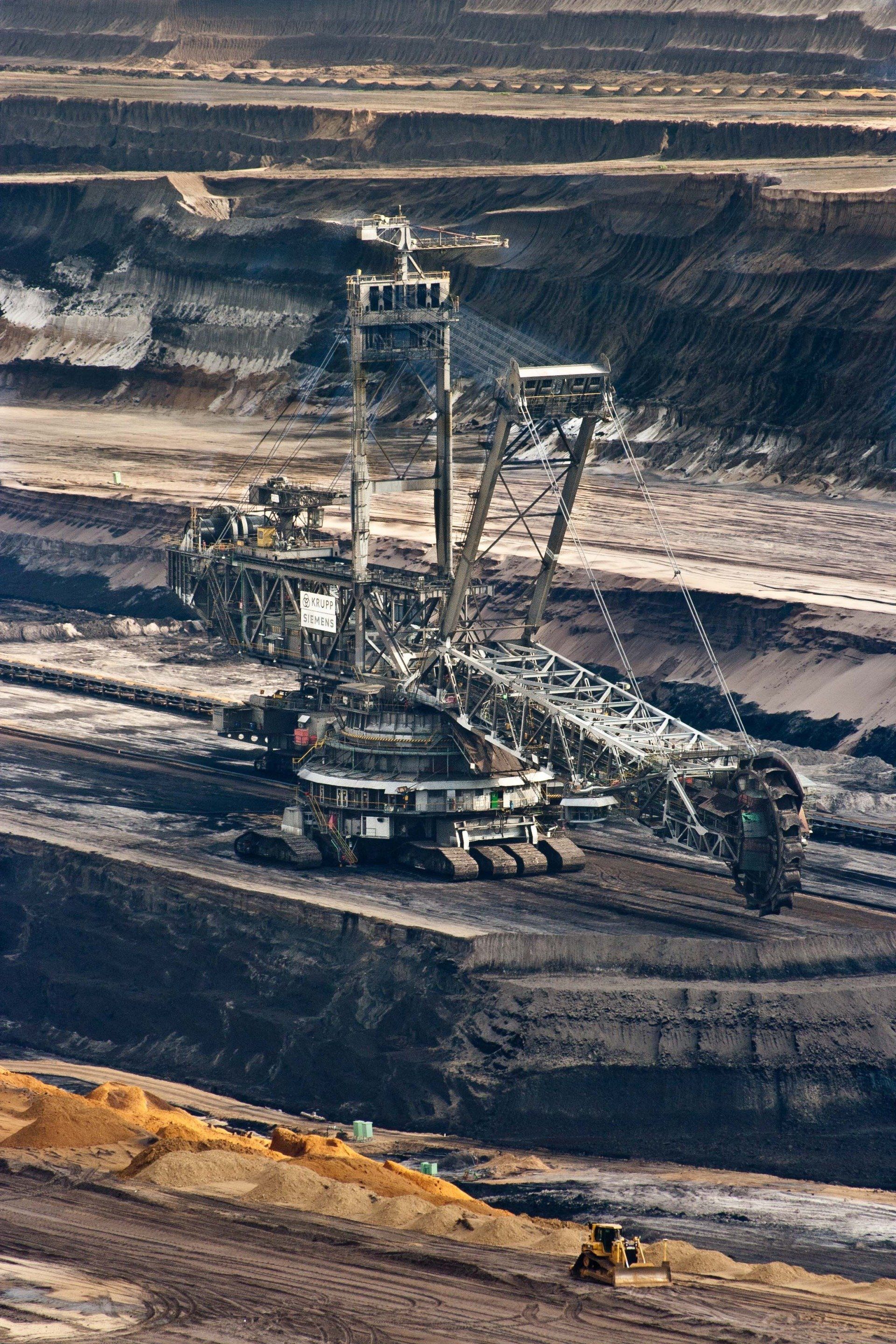
4. Money makes... the world go round? 🤑
The COP26 agreement pledged, rather vaguely, to ‘significantly increase’ the money mobilised from developed countries to help poorer ones adapt to the effects of climate change and make the switch to clean energy, with a prospective pledge of $1trn from 2025.
First reality check:
The $100bn by 2020 pledge from the Paris Agreement has been missed by USD $28bn. Although, Japan has agreed to commit an extra $10bn over the next five years, which should help.
COP26 did do a great deal to place the spotlight on the private sector; without their cooperation, very little will change. Banks, pension funds and other financial institutions have a major role to play in getting the world to net zero because if they stop lending to coal mines, power stations and other climate unfriendly projects many of them simply won’t be able to go ahead.
Former Bank of England governor Mark Carney launched a new initiative that sees the world’s largest banks and asset managers – together worth a staggering USD $130trn (GBP £96.3trn) – pledge to meet net-zero goals by 2050.
Signatories to this Glasgow Financial Alliance for Net Zero must also commit to set 2030 climate goals as part of the package which Chancellor Rishi Sunak called a “historic” move that could funnel more investment into low-carbon industries.
Second reality check:
The deal was criticised for using the $130trn headline, which people said was misleading. So, to be clear, that number is the total assets held, not what’s going to be invested in climate change.
Just to give you an idea of how much power the private sector has: in just four years, five banks (JP Morgan, Citigroup, Wells Fargo, Bank of America and Royal Bank of Canada) invested $1.1trn. While three asset managers (Vanguard, Blackrock and State Street) oversaw investments of $300bn into fossil fuels.
5. Other notable deals ✍️
🪶 Five countries (including the UK and the US) committed $1.7bn to support indigenous people’s conservation of forests and land rights.
🇿🇦 An $8.5bn pledge was made by countries including the US, the UK, and the EU, to help transition South Africa from coal. The hope is that it will pave the way for similar deals with other developed countries.
☀️ At least 20 countries, including Italy, Canada, the US, and Denmark agreed to stop public finance of overseas fossil fuels by the end of 2022, diverting the cash to clean energy instead.
🚢 The Clydebank Declaration for green shipping corridors has committed 22 countries to creating at least 6 zero-emission maritime routes by 2025.
🚗 A total of 34 countries have committed to stopping the sale of non-electric vehicles by 2040, although the world’s biggest carmakers (the US, Germany, and China) did not sign up.
🌽 45 countries pledged urgent action to make farming more sustainable, by investing in green agricultural practices and conservation schemes. The UK set an aim for 75% of farmers to engage in low carbon practices by 2030 and Brazil committed to extending its low carbon farming programme to 72million hectares by the end of the decade, reducing emissions by 1bn tonnes.
🇪🇨 Ecuador has vowed to expand its Galapagos reserve by almost 50%. The new reserve will involve 23,000 sq. miles, expanding upon the existing 50,000 sq. mile marine reserve.

6. Article 6 📚
Another area that has taken some time for world leaders to agree upon is Article 6. Considered the most technical (and arguably most important) part of the 2019 Paris Agreement, it covers how countries can and should cooperate. Specifically, how overachieving countries can support those who are underachieving, and how an international carbon market (governed by the UN) could enable the trading of emissions reductions in the form of carbon credits.
With four years of negotiations and little progress, the majority of countries represented at COP26 finally reached a deal on Article 6. What took them so long? No surprises here: red tape, political disagreements, and economic concerns.
Thankfully, everybody pulled up their pants and disputes were put to bed. In their place, ‘bilateral cooperation via internationally-traded mitigation outcomes’. Unsurprisingly, another criticism of the Article was overly technical jargon. Hiding and burying important messages in loads of jargon – a classic move when you either don’t really know what you’re talking about, or you secretly want to halt real progress. Sigh...
What's our take on it all? 🤔
During 2019’s COP25, nations agreed to the ‘Chile-Madrid Time for Action’ pact. This was nothing more than a seven-page document which many criticised to be a half-hearted reiteration of the Paris Agreement. A renewed adaption of this pact was delivered this year and weighs in at a slightly more substantial, um, 20 pages. Lol.
The good news here is that more countries bought into this iteration, and the consensus is that the Glasgow Pact calls for a more ambitious and targeted climate response. In short, there is a stronger emphasis on 1.5ºC, and a heavy lean into the IPCC special report calling for ‘rapid, deep and sustained’ emission cuts.
Reality check:
Despite the deals completed at COP26, there’s a hell of lot more work to be done. If followed through, the COP pledges reduce our global CO2e output by 20% to 41.9Gt, but a further reduction of 37% is needed to reach the 26.6Gt target that scientists estimate would limit warming to 1.5ºC.
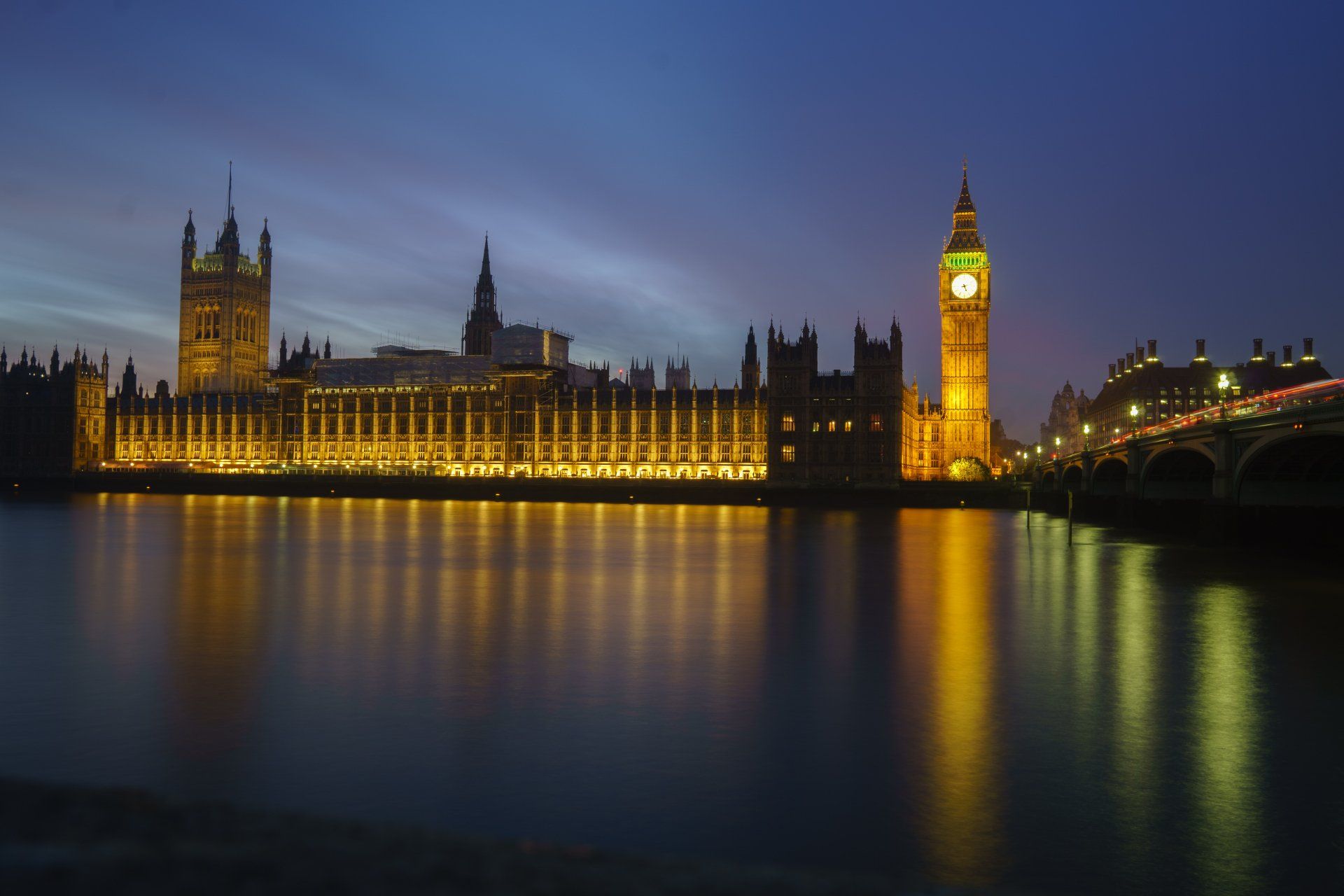
The UK's response to COP26 🇬🇧
As world leaders jet off home and the people of Glasgow can move freely around the city again, we are left wondering what’s happening on home soil. Here are some of the announcements and commitments made by the UK government during the two weeks of discussions.
UK business targets
Sitting loud and proud on the gov.uk press release page, you’ll see the headline ‘COP26 sees UK businesses lead the world in climate change commitments’. That’s some serious spin if ever we saw it.
Whilst Rishi did indeed announce some strongly worded net zero targets, these commitments, levied on financial institutions and listed companies, are entirely optional. Sustainability disclosures, consistent climate data, climate risk surveillance, global reporting standards… it all sounds so promising until you realise the only mandatory part is publishing the targets, not actually meeting them. 🧐
Net zero by 2050
In case you don’t know already, net zero is the point at which we are taking as many greenhouse gases out of the atmosphere as we are putting into it. Speaking in Manchester last month, Boris Johnson committed to 100% clean energy sources by 2035. This would cut carbon emissions by 78%, but it’s not simply a case of switching to solar or hydrogen.
To reach its initial target, the UK will need to make major investments and advancements in energy storage. We’d better get a swerve on, as BBC environmental analyst, Roger Harrabin, suggests that the growth of UK renewables is at its slowest since 2010.
Infrastructure
In more positive news, National Grid announced that the UK’s electricity system had been its greenest ever on Easter Bank Holiday Monday, with a combination of sun and wind leading to a surge in renewable sources. Next time you complain about the weather, bear this in mind.
The Government has recently announced a commitment to install 600,000 heat pumps per year by 2028, and grants of £5k will be available for homeowners to pay for the installation - you can expect to see this in action from April next year. The total financial commitment over the next three years adds up to a staggering £450m, which is great to see. Ahem, this may be a good time to plug our client, Mesh Energy, who can tell you a thing or two about renewable energy when it comes to residential and commercial builds. Keen to learn more? Join Meshwork - their completely free online community.

What can we do? 👥
It’s easy to feel disconnected as the wealthy elite discuss the future of our planet and we watch developments from behind our sarnies on the BBC news feed. That said, the Action for Climate Empowerment (ACE) has been reinvigorated (first introduced during COP18) to empower us lowly citizens to engage in climate action through six approaches:
• Education
• Training
• Public awareness
• Public participation
• Public access to information
• International cooperation
Green groups are already criticising the workstream, with recognised climate engagement lead, Deepayan Basu Ray, telling attendees that the new programme is full of gaping holes and is "severely lacking in any meaningful references to human rights".
We’ll be looking into this further, so keep your eyes peeled for a follow-up blog on the ‘Glasgow ACE Work Programme’ in the coming weeks.
For now, if you’re feeling the need to make a difference, we’d recommend checking out the Green Fix blog, which has a huge list of actions you can take as an individual to make you feel a little better. Some take just a minute, others a little longer, but we’ve been working our way through them and think you should to!
Our final thoughts 💭
We know we can be a little sassy when we talk about words versus action. We’re jaded, and at times, deflated. COP26 (and its predecessors) face unending criticism from environmentalists, green groups, and people like you and I who want a better future for our families and the planet, and its many beautiful species. But constructive criticism and individual actions are all we have.
If we were the world leaders or negotiators at this year’s climate conference, we’d feel the weight of the world on our shoulders. That doesn’t sound like much fun, but it’s an incredibly privileged position to be in, and whilst we try our absolute hardest to make the world a better place from our office in Farnham, we can only dream of being able to make the big decisions that ultimately make such a huge difference to the fate of life on our planet.
Don’t drop the ball now, world leaders. Don’t you dare. We’re watching.
Further reading:
- Catch up on our COP26 series on Instagram or LinkedIn
- Learn about the sustainability actions we take as a business by browsing through our articles on Outpost
- Visit our Regeneration page - we'll be updating this soon
Share the love

